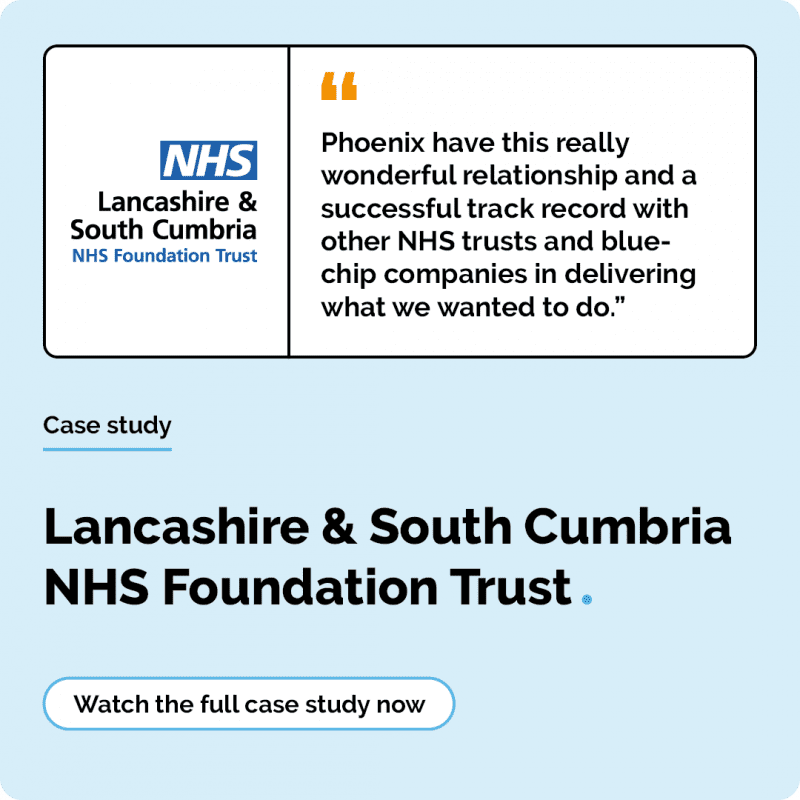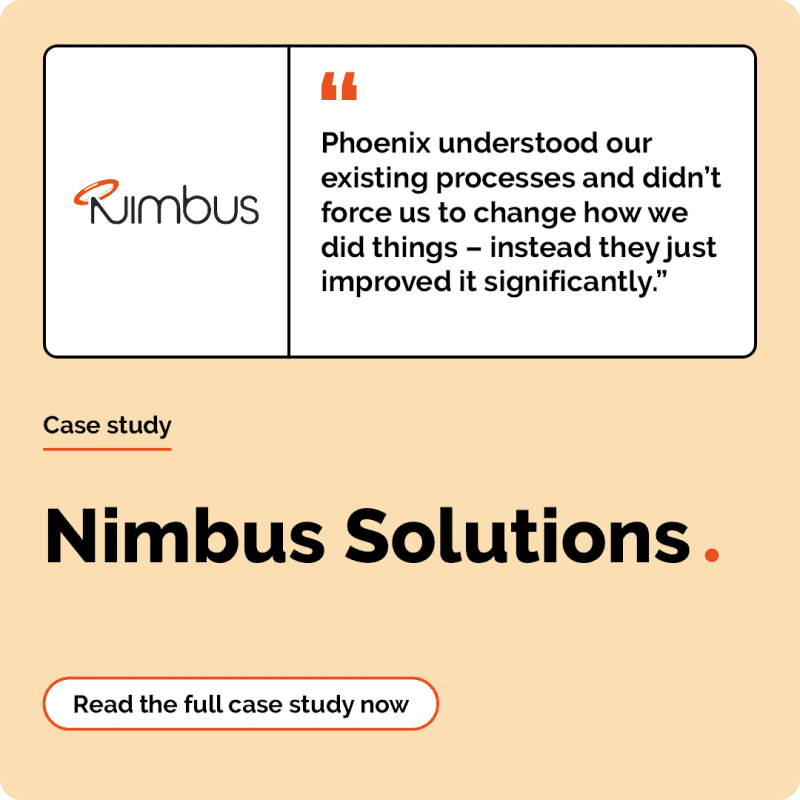Do you know the value of your data?
Fiona Bowman
April 23rd, 2020
 “Data is the new oil is one of those marketing slogans that’s often thrown about, usually followed by some line explaining how we will show you how to “tap into it”. I’ve always had a somewhat conflicted view about whether this is a good analogy or not.
“Data is the new oil is one of those marketing slogans that’s often thrown about, usually followed by some line explaining how we will show you how to “tap into it”. I’ve always had a somewhat conflicted view about whether this is a good analogy or not.
On the one hand, data is undoubtedly one of the most valuable resources organisations have at their disposal and similarly to oil, the raw data on its own has no tangible value. Indeed, it’s the insights that it can drive which give data its value. Yet conversely, part of oil’s value comes from its finite nature and the fact that our reserves are getting used up – whereas data is an ever-growing resource. Part of its appeal comes from the fact that as we draw together more and more data, the insights we generate can be more and more valuable.
A great example of this that I mentioned in my previous blog, is how Google tracked the spread of flu twice as fast than the Centre for Disease Control and Prevention by tapping into the data generated by its search results. If we look at an even more current and potentially more critical example, we can see how the government’s approach to Covid-19 has changed. We can see how their approach is evolving daily as more data is becoming available on both the behaviour of the virus and the behaviour of the country as a whole.
Now these are clearly data-based insights on a macro level but within every organisation there is the potential for the data that you hold to be leveraged to deliver a more effective service for your stakeholders. That’s where the value of the data comes in. Delivering those improvements or developing those efficiencies. Let’s talk about a topic which is close to my heart: mental health within young adults in the UK.
Often conditions develop during an individual’s formative years and this can have a huge impact not just on their education but also on their lives and futures. As an educational institution you may have more data on these students than you realise. Data could exist across multiple different technologies and some of the value may only be truly unlocked once connected to additional sources. It’s by bringing these sources together and analysing them holistically, while combining it with the knowledge that exists within your in-house teams, that you can really start to spot patterns and trends in how these young adults are developing. This could then allow you to intervene and tailor their support more effectively and much sooner. If we look at the averages of one in seven young men and one in five young women in the UK experiencing anxiety or depression per year, managing to pre-emptively intervene and avoid one in two of those that could make a huge difference, both to their lives and your organisation.
So, we’ve talked about how data can help on a national level and how it can really make a difference at an individual level. Let’s also look at ways it can potentially help at a community level. I talk to a lot of councils and charities and one thing that always strikes me is the desire to do the best thing for people using what they already have. Organisations often have an abundance of data about the citizens and regions they are looking after without always realising its potential value. It’s not through negligence or lack of awareness that this data remains underutilised, rather it sits in disparate systems across different silos within the organisation. Within that data, especially when combined with some national publicly available datasets such as the Indices of Deprivation Data or National Crime Statistics, you can begin to really analyse what impact your services are having, enabling you to focus your time and effort more effectively. This not only improves the lives of citizens but also enables organisations to work more efficiently, meaning more can be done to help and tailor services accordingly.
Ultimately, I believe that the value of data isn’t in isolation but is unlocked by bringing data together, allowing you to start generating additional insights that benefit you as an organisation. I’m also aware that doing this in one go often isn’t feasible, nor is it actually always recommended. This roadmap is something that we will explore in greater depth during this series.
If you can’t wait that long and would like to talk to someone about how data can help your organisation or how you can extract the greatest value out of the data you have, please email [email protected] or call us on 01904 562200.”
Ben Gannon – Data and AI Specialist, Phoenix Software



